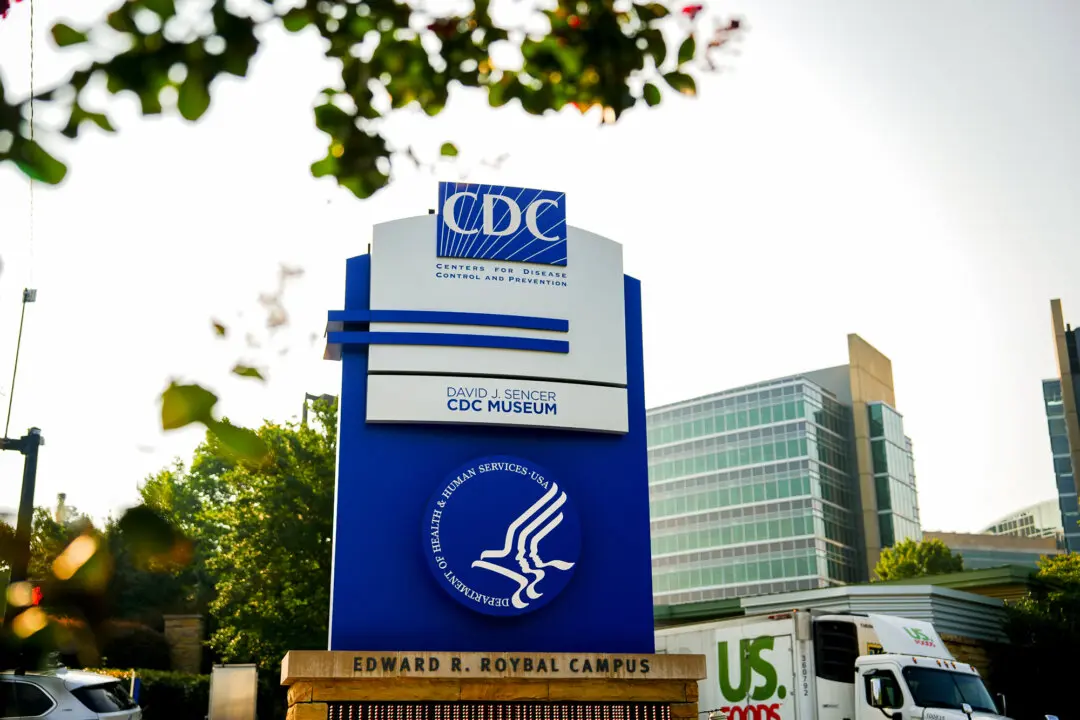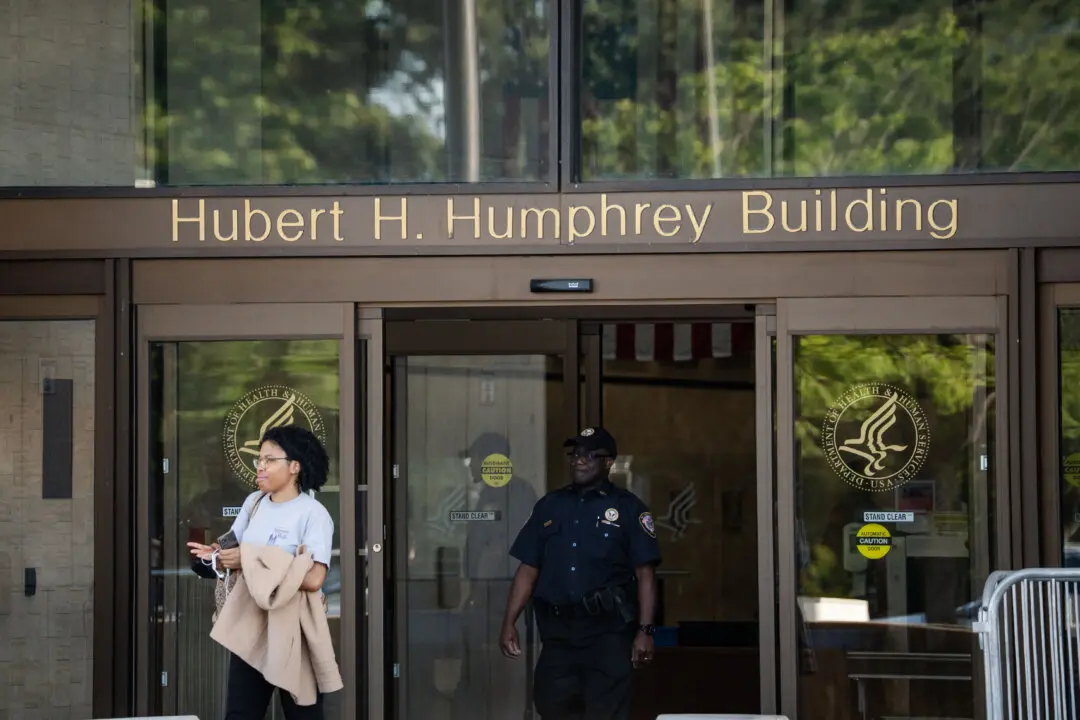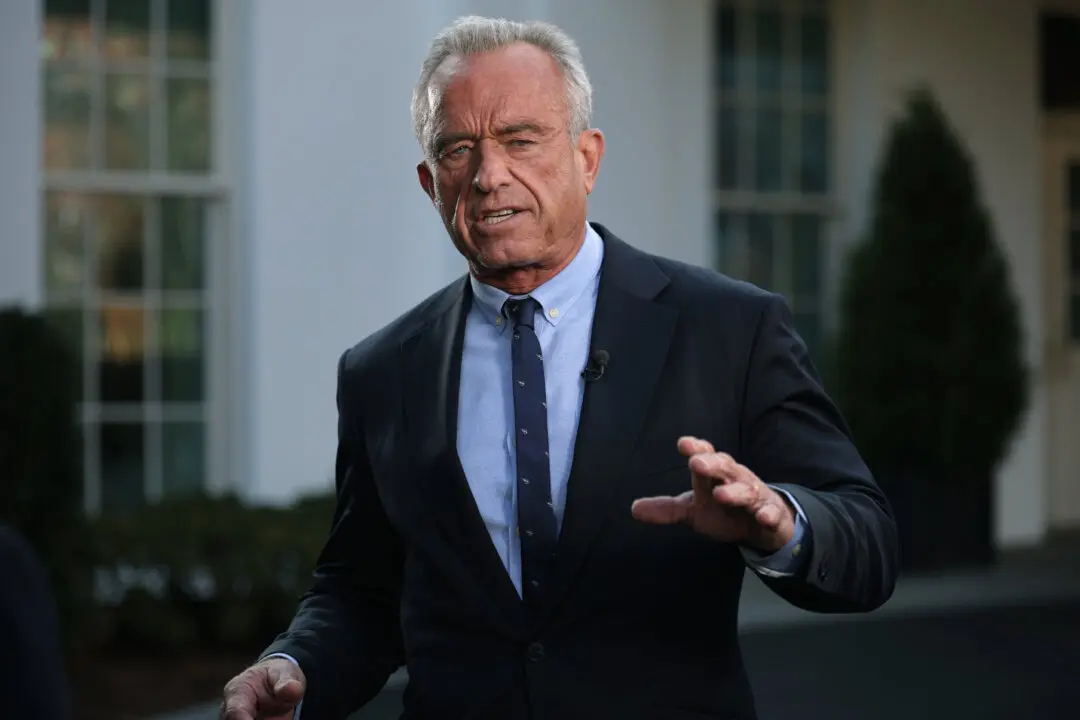Microsoft said Thursday that it found malicious software in its system, the same day the Department of Energy confirmed it was breached as part of a wide-ranging cyberattack.
A growing list of companies and government agencies are acknowledging being victims in a hack of SolarWinds Orion network.





